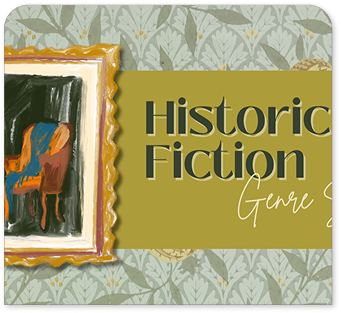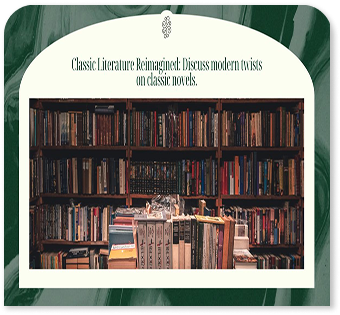-
Mon-Fri: 10AM to 8PM 01722665665
-
My Account
-
-
0
Total :
₹ 0.00

The textbook contains engaging examples, case studies, illustrations, and a glossary of key terms to enhance understanding and facilitate learning.
Yes, the syllabus includes a practical component where students undertake one project and conduct two experiments, utilizing different methods of inquiry such as observation and survey techniques.
Key topics include the nature of psychology, methods of psychological inquiry, human development stages, learning theories, memory processes, cognition, motivation, and emotional expression.
Yes, while the primary focus is on Class 11 curriculum, the foundational knowledge gained from this textbook can be beneficial for students preparing for competitive exams that include psychology.
Students will develop critical thinking, analytical skills, and an understanding of empirical research methods, enhancing their ability to evaluate psychological theories and apply concepts to real-world situations.
Students are encouraged to take notes while reading, engage with case studies, form study groups for discussions, and explore additional resources to reinforce their understanding of complex topics.
While the textbook is designed for classroom use, it is also suitable for self-study. Students can effectively utilize it independently by following the organized structure and making use of review questions at the end of chapters.
Yes, the textbook includes interactive elements like questions for reflection, case studies, and scenarios to encourage students to connect the material with their lives, making the study of psychology more relatable and engaging.
Students can use review questions and exercises at the end of each chapter to test their understanding, reinforce key concepts, and identify areas where they may need further study.
Yes, the textbook incorporates real-world examples and case studies throughout its chapters, demonstrating how psychological theories apply to daily life and various professional fields.
No Description Added
The textbook contains engaging examples, case studies, illustrations, and a glossary of key terms to enhance understanding and facilitate learning.
Yes, the syllabus includes a practical component where students undertake one project and conduct two experiments, utilizing different methods of inquiry such as observation and survey techniques.
Key topics include the nature of psychology, methods of psychological inquiry, human development stages, learning theories, memory processes, cognition, motivation, and emotional expression.
Yes, while the primary focus is on Class 11 curriculum, the foundational knowledge gained from this textbook can be beneficial for students preparing for competitive exams that include psychology.
Students will develop critical thinking, analytical skills, and an understanding of empirical research methods, enhancing their ability to evaluate psychological theories and apply concepts to real-world situations.
Students are encouraged to take notes while reading, engage with case studies, form study groups for discussions, and explore additional resources to reinforce their understanding of complex topics.
While the textbook is designed for classroom use, it is also suitable for self-study. Students can effectively utilize it independently by following the organized structure and making use of review questions at the end of chapters.
Yes, the textbook includes interactive elements like questions for reflection, case studies, and scenarios to encourage students to connect the material with their lives, making the study of psychology more relatable and engaging.
Students can use review questions and exercises at the end of each chapter to test their understanding, reinforce key concepts, and identify areas where they may need further study.
Yes, the textbook incorporates real-world examples and case studies throughout its chapters, demonstrating how psychological theories apply to daily life and various professional fields.


